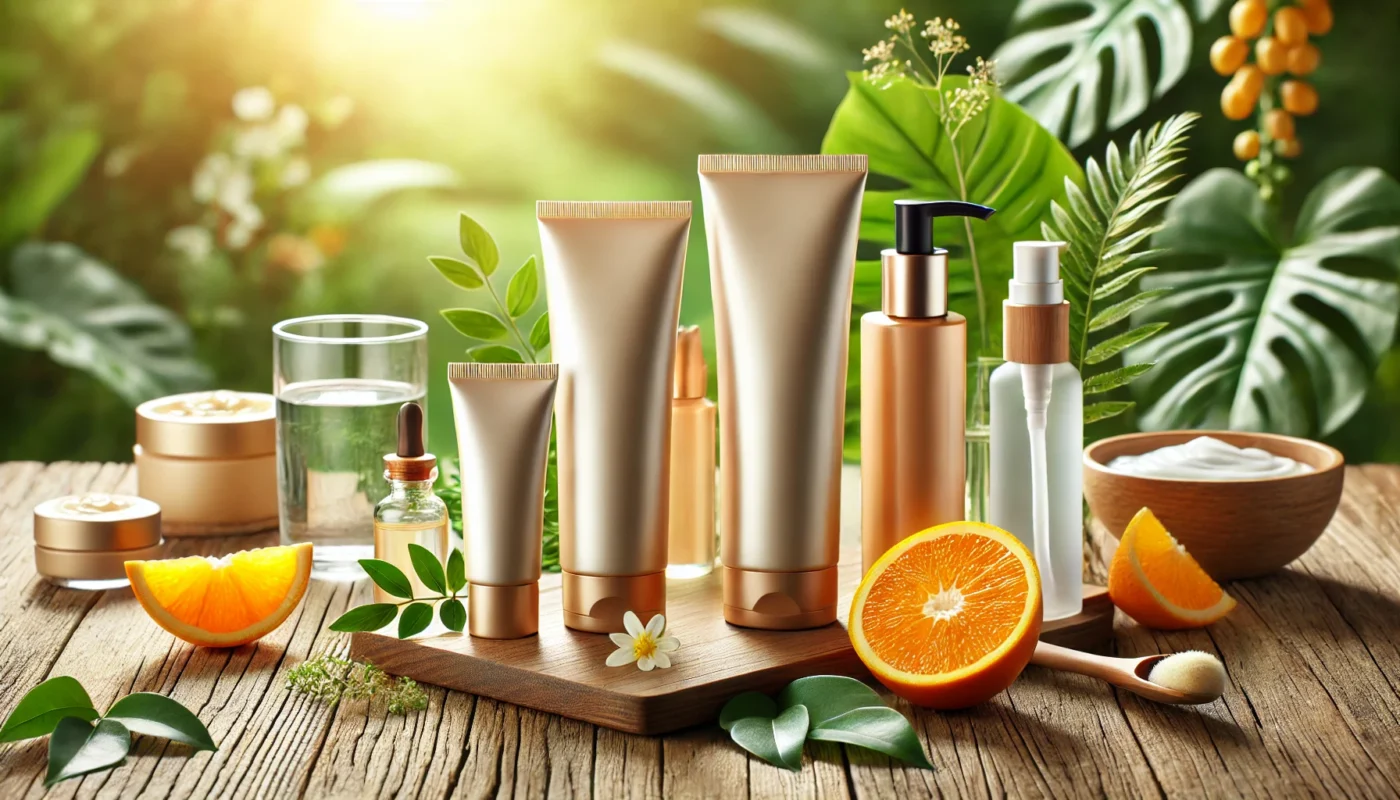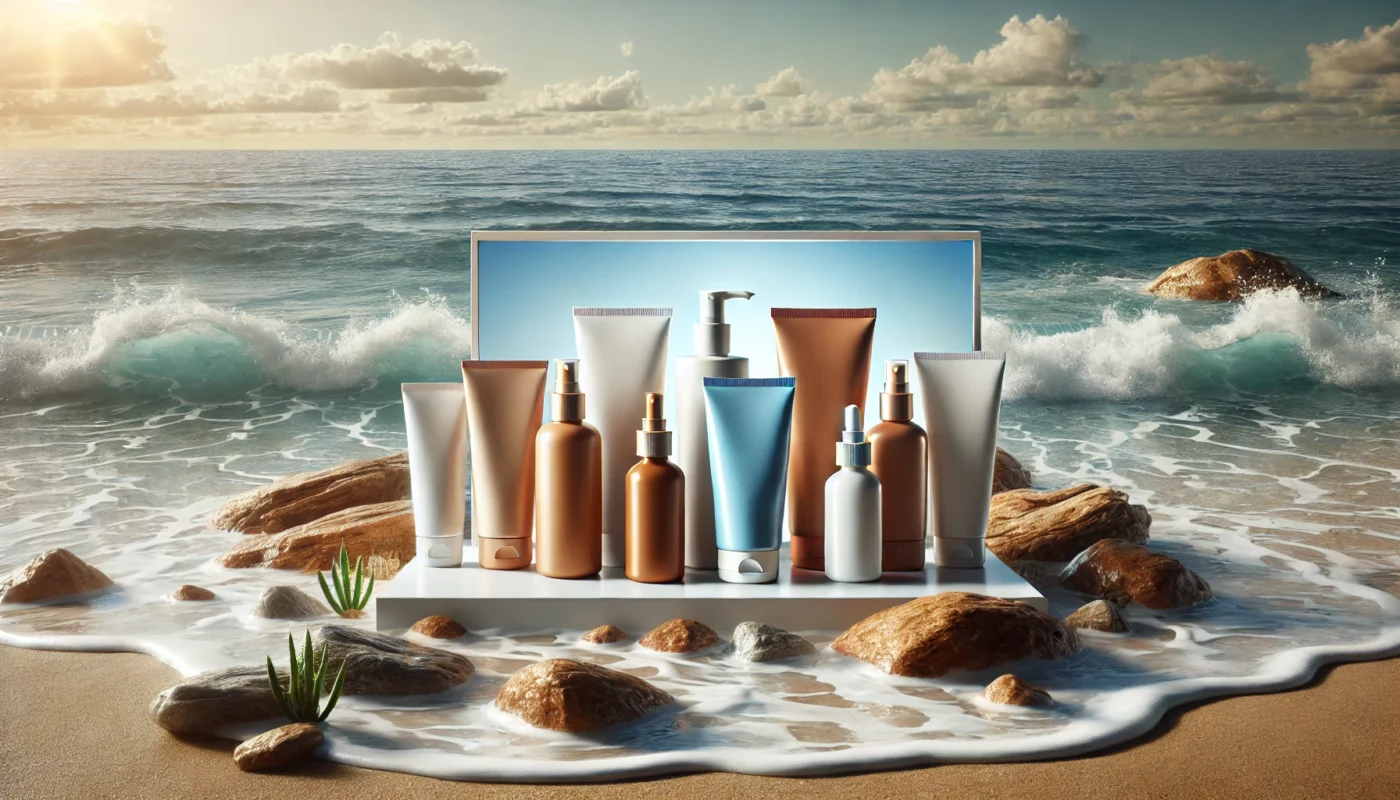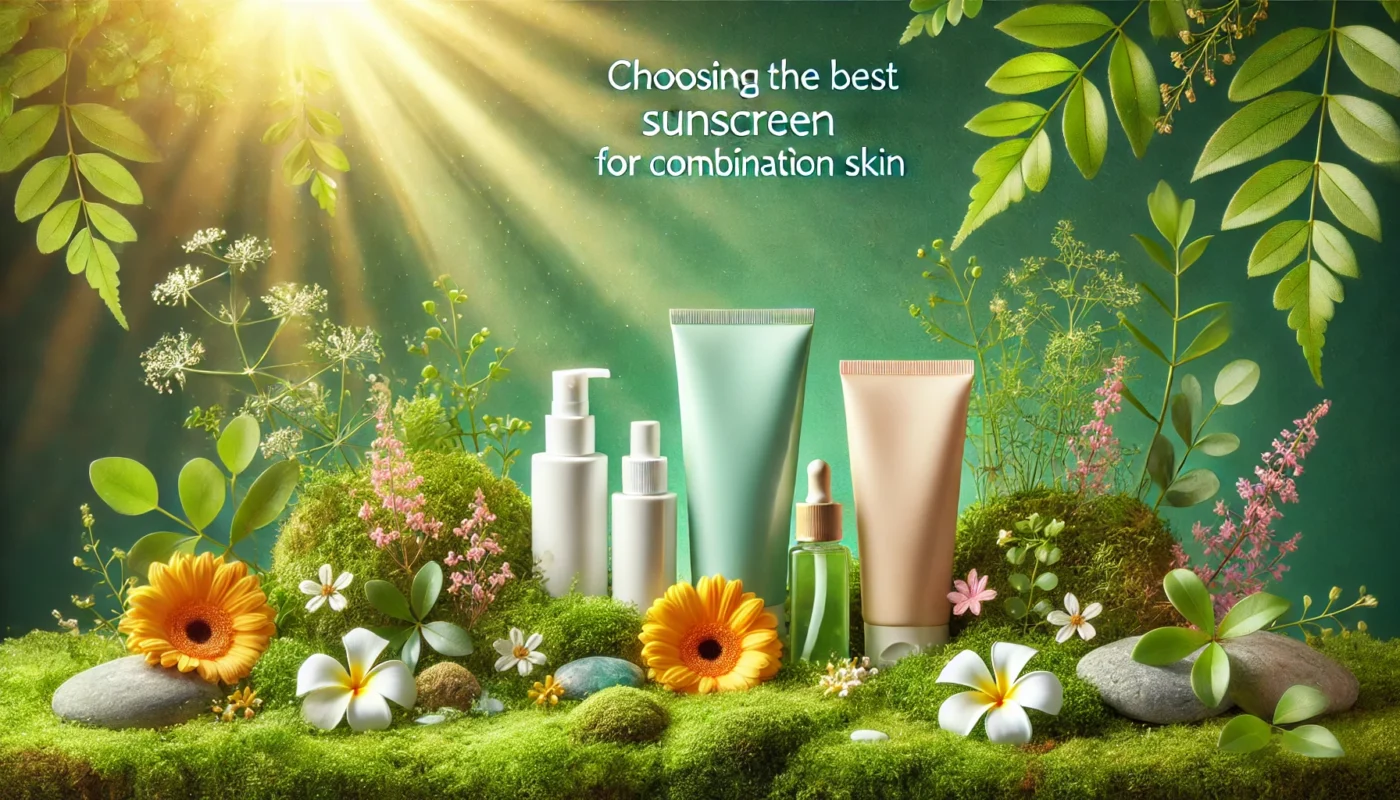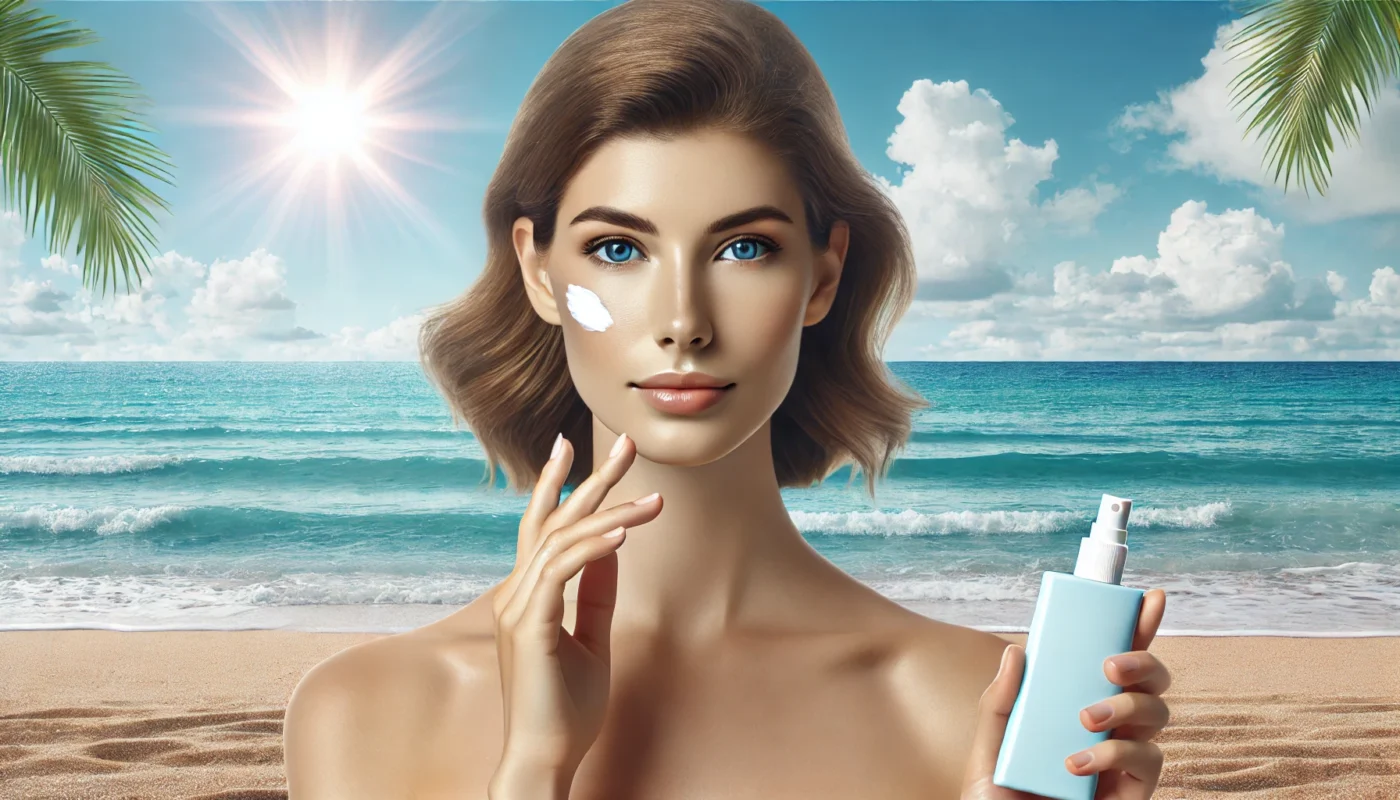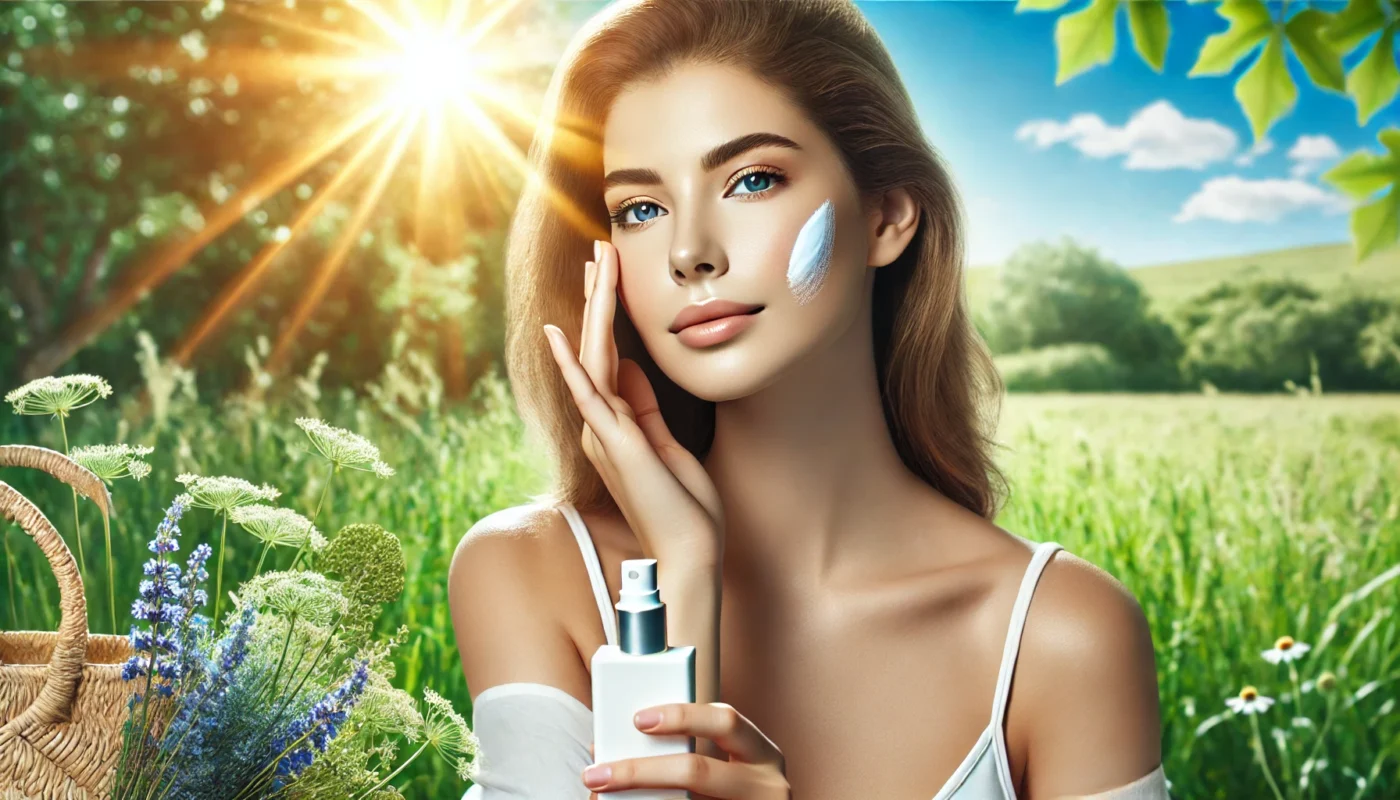Sunscreen is a crucial part of any skincare routine. It protects your skin from harmful UV rays, reducing the risk of skin cancer and premature aging.
But how do you apply sunscreen on your face correctly?
This guide will provide you with a comprehensive understanding of sunscreen application. We’ll delve into the science behind it, explaining the difference between UVA and UVB rays, and the role of SPF.
We’ll also guide you on how to choose the right sunscreen for your skin type. Whether you have oily, dry, or sensitive skin, there’s a sunscreen out there for you.
Then, we’ll walk you through a step-by-step process of applying sunscreen. From the amount you need to use, to the correct technique, we’ve got you covered.



